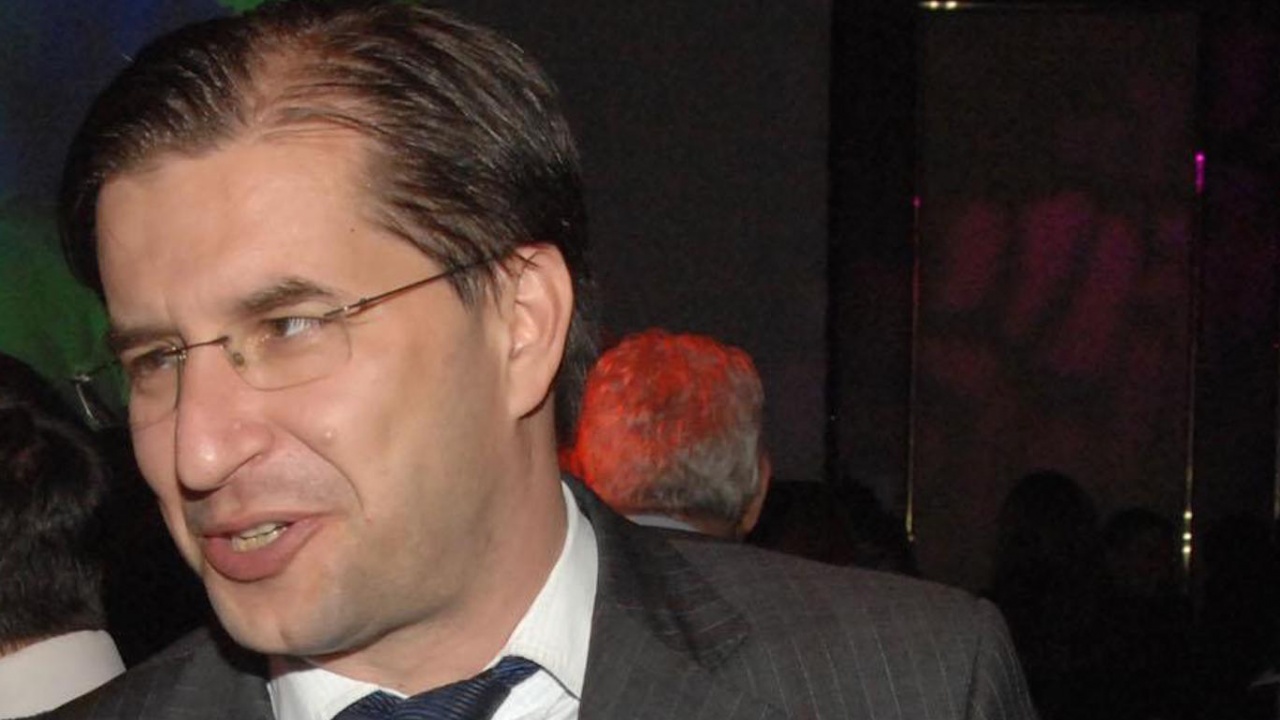Listen to the news
"One cannot speak of a constitutional crisis, but we have an acute political crisis," lawyer and doctor of constitutional law Borislav Tsekov told BTA in connection with the unsuccessful attempts to elect the chairman of the 48th National Assembly.
Borislav Tsekov explained that the lack of election of the Speaker of the Parliament does not mean that the National Assembly cannot function until this election is carried out.
Tsekov explained that in a situation like this, it is normal practice to use the parliamentary technique of symbolically stopping the clock, in which, figuratively speaking, parliamentary time stops running.
"From now on until the president is elected, this will be considered the first session of the parliament, and interruptions will not be considered interruptions of this session, but breaks," the constitutionalist explained.
What needs to be re-emphasized is that in the meantime, the parliament should start to carry out all its other tasks – to elect committees, to adopt regulations, he explained.
According to him, the procedure under Art.
99 to form a government is in the hands of the president, who then, at his discretion, initiates consultations to form a government and hand the first mandate to the largest parliamentary group.
Borislav Tsekov explained that the parliamentary groups were established in due order.
That is, there are the subjects that the Constitution requires, and the election of the Speaker of the Parliament is a completely separate and independent matter from this procedure, Tsekov explained in response to a question about the existence or not of a constitutional crisis.
Prof. Kiselova: Without a Speaker, the work of the Parliament cannot continue
He explained that the very procedure for electing the chairman of the 48th National Assembly can last up to a month.
This is a matter of maturity of the parliamentary groups themselves, commented the lawyer.
In his words, the violation of a constitutional tradition that respects the vote of the voters, namely, that the speaker of the parliament is broadcast from the largest parliamentary group, and the vice-presidents from all the others, is in fact "a violation of the principles of parliamentarism".
